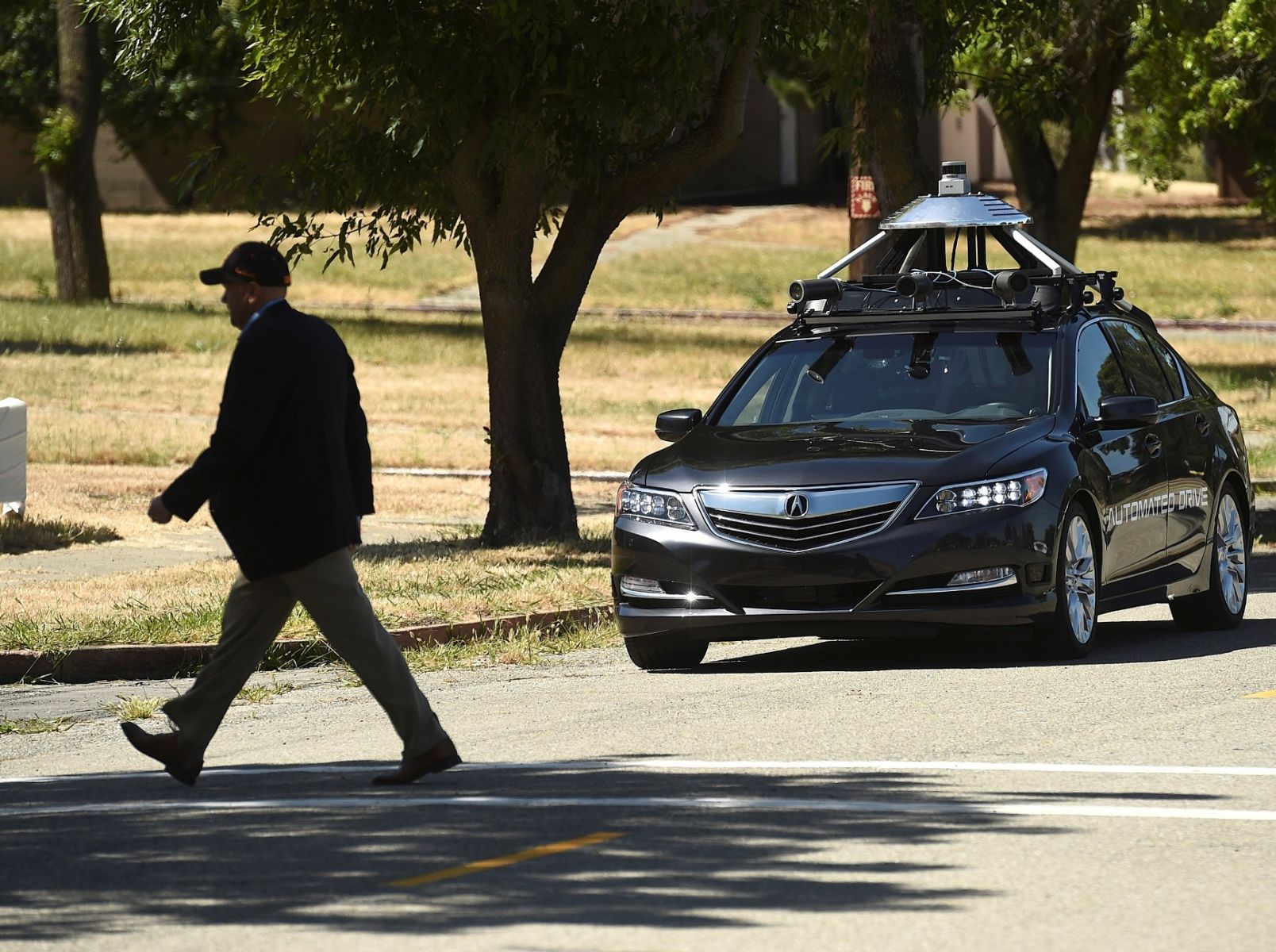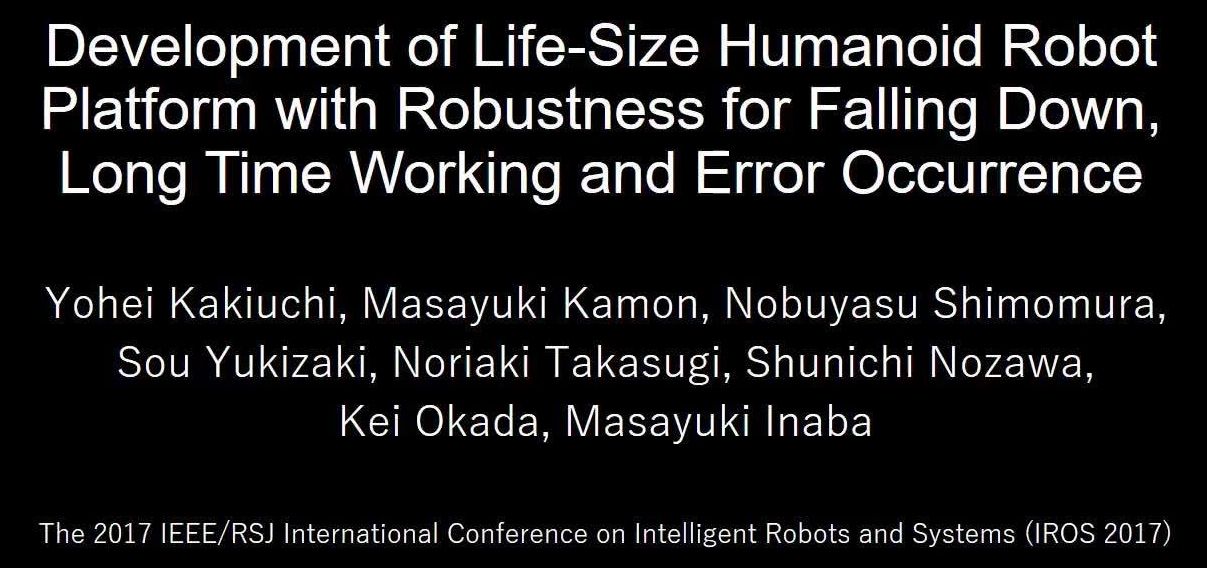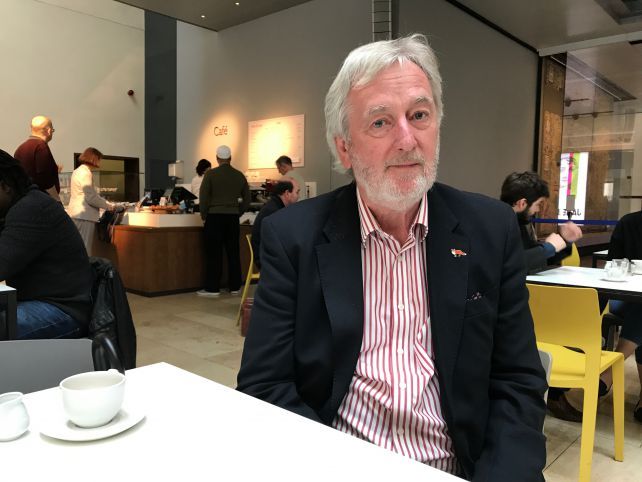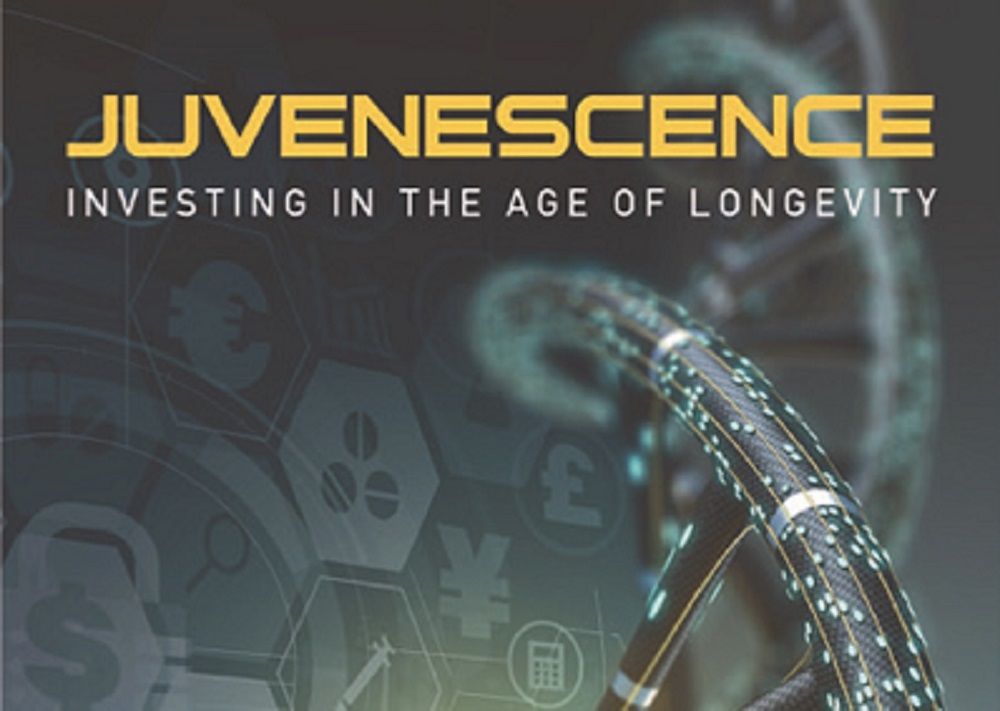Page 9185
Sep 30, 2017
You better explain yourself, mister: DARPA’s mission to make an accountable AI
Posted by Dan Kummer in categories: futurism, robotics/AI
Continued advances in artificial intelligence and machine learning promise to produce autonomous systems that will perceive, learn, decide, and act on their own. However, the effectiveness of these systems is limited by these machines’ current inability to explain their decisions and actions to human users. Explainable AI—especially explainable machine learning—will be essential if future users are to understand, appropriately trust, and effectively manage an emerging generation of artificially intelligent machine partners.
Sep 30, 2017
Increasing Human Life Expectancy through Stem Cell Rejuvenation
Posted by Dan Kummer in categories: biotech/medical, life extension, neuroscience
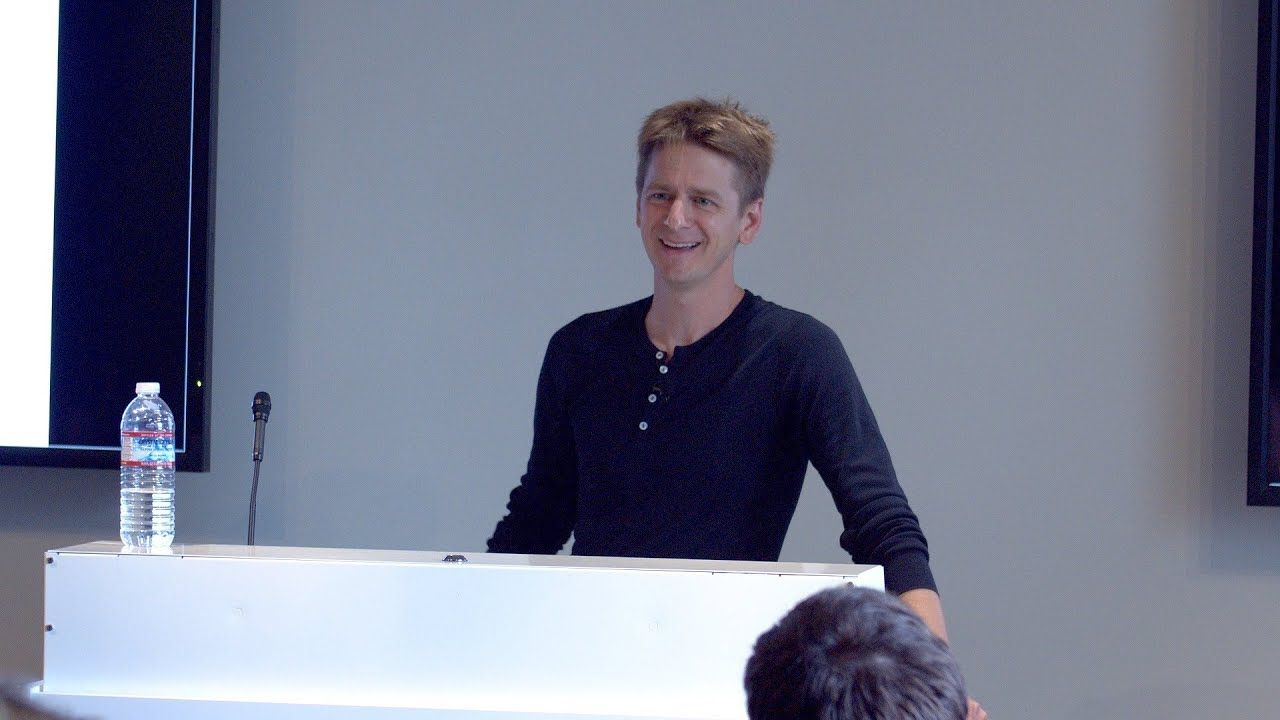
Dr. Mark Katakowski makes the case that rejuvenation of the bone marrow niche is a practical approach to life-extension today. Mark is President of the longevity company Forever Labs, and is a medical physicist with extensive experience developing stem cell therapies for neurological disease and injury.
Mark was first to demonstrate that microRNA functions as a communication molecule between brain tumor cells, a previously unknown mechanism of intercellular eukaryotic gene regulation. Based upon his use of stem cells to treat age-related disease, Mark surmises that rejuvenating the bone marrow provides significant opportunity to combat aging.
Sep 30, 2017
New ‘Biosensitive’ Tattoo Ink Can Read What’s In Your Blood
Posted by Klaus Baldauf in categories: biotech/medical, health
Researchers at Harvard University and M.I.T. developed tattoos that can monitor chronic health issues as well as levels of dehydration and blood sugar.
Sep 29, 2017
Engineers create wristbands that keep wearers thermally comfortable
Posted by Nancie Hunter in categories: energy, engineering, transportation, wearables
Cool Wearable! Actually does something useful & could help reduce energy waste.
Sitting in a stifling subway car or walking Boston’s cold winter streets may soon become more bearable, thanks to a “personal thermostat” wristband being released by MIT spinout Embr Labs.
For a design competition in 2013, four MIT engineering students created a smart wristband, called Wristify, that makes its wearer feel warmer or cooler through its contact with the skin on the wrist. After much fanfare, and a lot of research and development, the wristband will hit the shelves early next year.
Continue reading “Engineers create wristbands that keep wearers thermally comfortable” »
Sep 29, 2017
Artificial Intelligence Might Run the World Better Than Humans Do
Posted by Müslüm Yildiz in categories: physics, robotics/AI
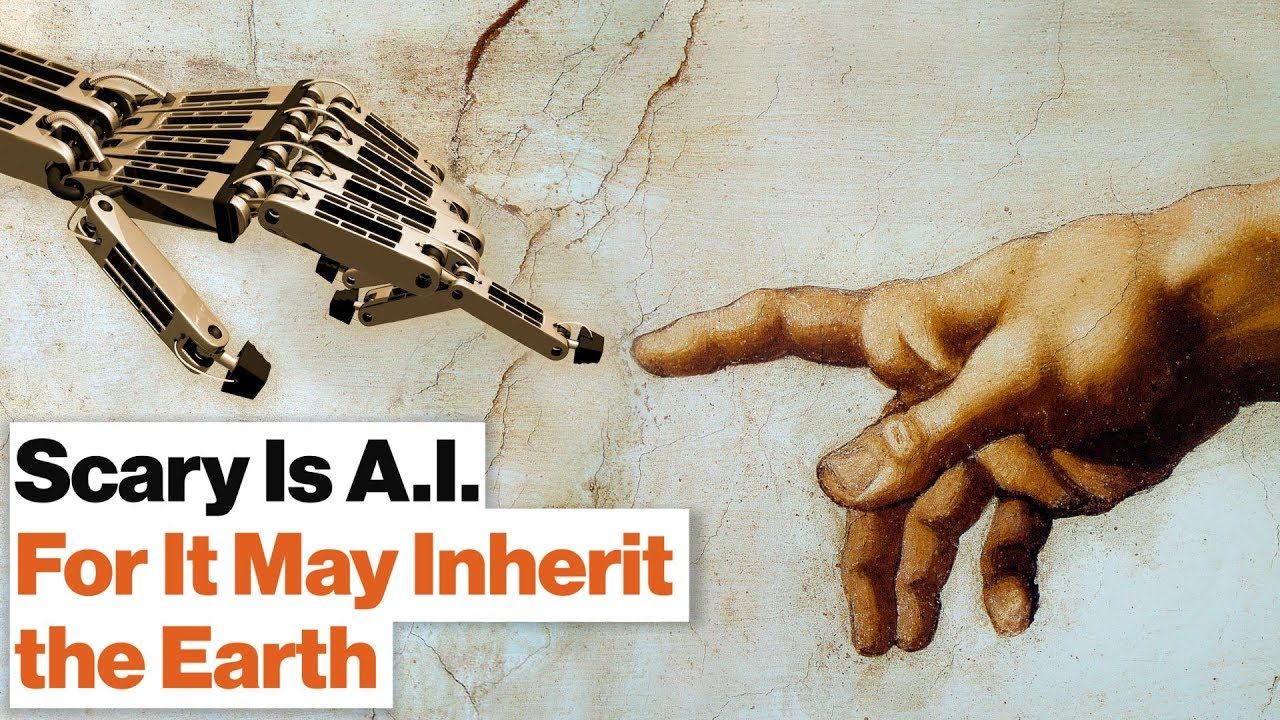
Will A.I. take us over, and one day look back on this time period as the dawn of their civilization? Richard Dawkins posits an interesting idea, or at the very least a premise to a good science-fiction novel…
When we come to artificial intelligence and the possibility of their becoming conscious we reach a profound philosophical difficulty. I am a philosophical naturalist. I am committed to the view that there’s nothing in our brains that violates the laws of physics, there’s nothing that could not in principle be reproduced in technology. It hasn’t been done yet, we’re probably quite a long way away from it, but I see no reason why in the future we shouldn’t reach the point where a human made robot is capable of consciousness and of feeling pain. We can feel pain, why shouldn’t they?
Continue reading “Artificial Intelligence Might Run the World Better Than Humans Do” »
Sep 29, 2017
Live longer and die better
Posted by Montie Adkins in categories: biotech/medical, life extension
This is the moment at which I press Dr Leeson to come clean and tell me if I might live to 300 because of pluripotent stem cells that could be set free to regrow or recreate bits of my anatomy as they wear out. Is this science fiction or is this real, I ask?
‘It’s real — it’s already happening…’
Oxford Today talks to the Director of the Oxford Institute of Ageing, Dr George Leeson.
Sep 29, 2017
A Biologists Review of Juvenescence: Investing in the Age of Longevity
Posted by Steve Hill in categories: biotech/medical, finance, life extension
Jim Mellon and Al Chalabi are back with another successful venture into the world of science investment. Following their acclaimed 2012 book “Cracking the code”, whose spotlight was on the life sciences industry, Juvenescence takes us on a compelling journey through the dawning market of longevity and rejuvenation biotechnology, which the authors predict will be the biggest “money fountain” to hit the financial world in the coming years.
Juvenescence is a visionary book, debunking the sometimes questionable past of longevity research and steering us towards a ‘brave new world’ in which advances in medicine are already leading to clinical trials whose aim is to extend human lifespan to unprecedented levels.
Mellon and Chalabi come across as eloquent devotees of cold, hard science, and for a book targeted primarily at investors, biologists and experts will be hard-pressed to find inaccuracies in the many heavily technical sections. The authors explain the science of aging in an engaging and accessible manner, bridging the gap between the lab and the public with ease and tact. They employ elegant metaphors to explain complex processes as well as some light-hearted ones, including the “Deadly Quintet”, which reads more like the title of a long-lost Tarantino film, or the “Actuarial Escape Velocity”, a reference to the controversial “Longevity Escape Velocity” promoted by Aubrey de Grey. Mellon and Chalabi use state-of-the-art research whenever possible, with recent, fresh-from-the-lab studies making up the majority of sources.
Sep 29, 2017
Facing poverty, academics turn to sex work and sleeping in cars
Posted by Derick Lee in categories: health, security, sex
Adjuncting has grown as funding for public universities has fallen by more than a quarter between 1990 and 2009. Private institutions also recognize the allure of part-time professors: generally they are cheaper than full-time staff, don’t receive benefits or support for their personal research, and their hours can be carefully limited so they do not teach enough to qualify for health insurance.
Adjunct professors in America face low pay and long hours without the security of full-time faculty. Some, on the brink of homelessness, take desperate measures.
